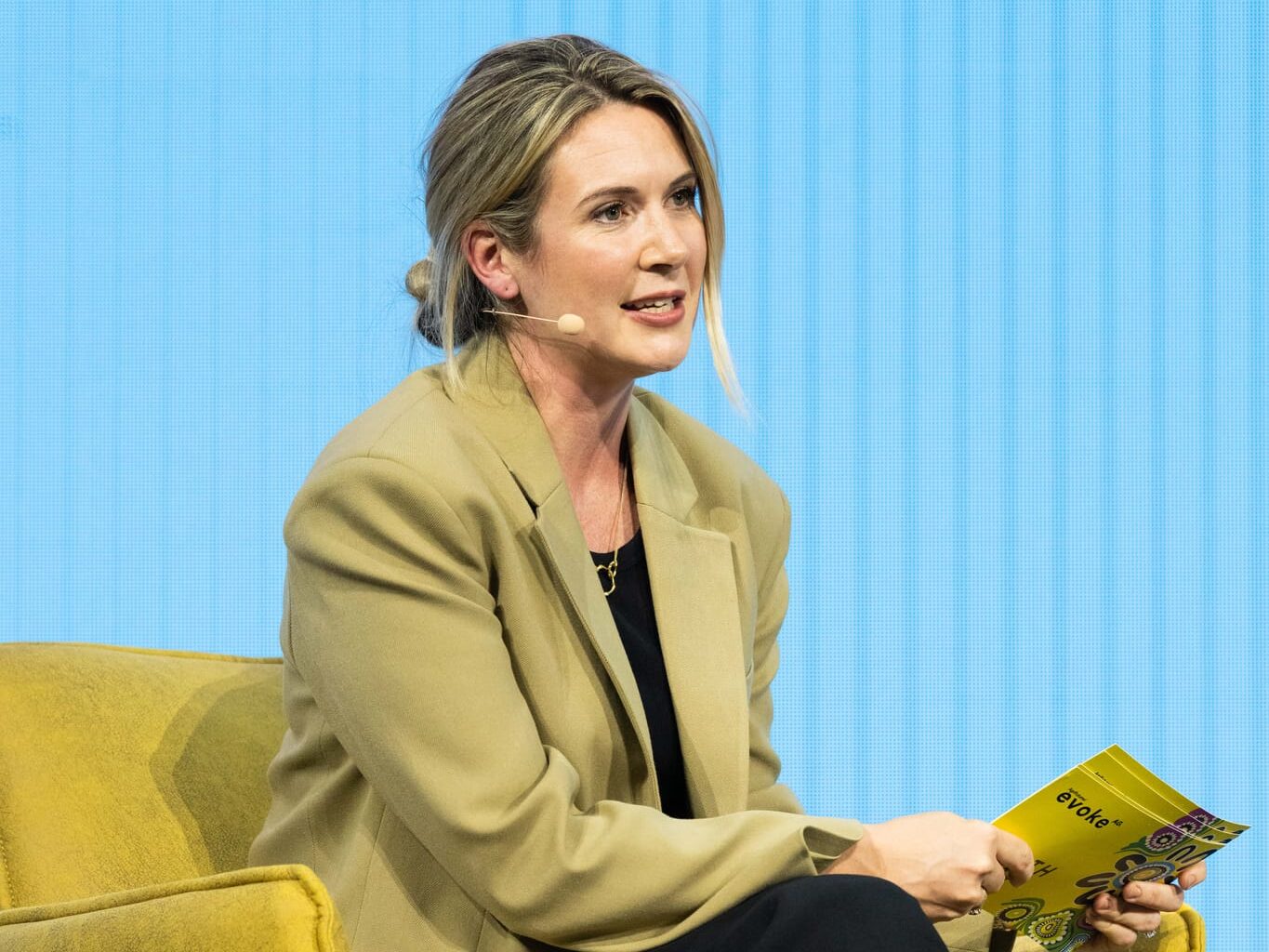James hooks a future in fisheries with FRDC sponsorship
 GLOBAL INNOVATION NETWORKS / Thursday, 7 March 2024
GLOBAL INNOVATION NETWORKS / Thursday, 7 March 2024
Dearth of diversity stifling agrifood tech and innovation

Statistically speaking, my daughters are underrepresented. They’re female, regionally located, and one has a disability.
Recently, I asked them what they wanted to be when they grew up. One wants to work in an office and drink coffee “like Mummy”, and the other wants to be a doctor.
I asked them about being a scientist, or a farmer, to which they replied “no, that’s for Daddies”. It struck me that they have no female role models or examples when it comes to farmers and scientists, and it reminded me of the Marian Wright Edelman quote “you can’t be what you can’t see”.
While you might read this anecdote and think it says more about my parenting or my daughters’ early education than the systemic issues at play, the data around diversity in the startup ecosystem suggests otherwise.
Indeed, the latest State of Australian Start-Up Funding Report released on 6 February 2024 reveals the shocking statistic that of the $3.5 billion in startup funding in Australia in 2023, only 4% of that went to all-female founded startups. Only 18% went to mixed-gender teams.
Within the agriculture and food technology and innovation sectors, the picture isn’t much brighter.
AgriWebb founder Justin Webb told a packed room at our recent AgriFutures Australia evokeAG. event in Perth that 75% of agtech funding in Australia comes from white males and 80% of that funding goes to white males.
Indeed, in creating the program for the most recent evokeAG. held in February this year, we were deliberate in striving for gender balance on our panels. We achieved over 40% female representation, but getting to that number was difficult and we need to do better. What’s holding us back?
AgriFutures Australia is a statutory corporation set up in 1990 to help fund research and development in Australian rural industries. From this position, we need to do more in the agrifood tech and innovation sector to highlight strong role models, to try to stop women self-selecting out of these career paths before they consider them.
So let’s look at where founders come from.
We know founders are often product leaders who have deep domain knowledge, having built and managed products at other companies. We know these product leaders and managers are people who have STEM skills and qualifications. Unfortunately, we also know that women only make up 20% of all people with STEM qualifications, and girls are half as likely as boys to aspire to a career in STEM. Of First Nations people, only 0.5% hold university level STEM qualifications.
There’s patently a pipeline issue at play. Numbers from evokeAG. 2024 only reinforce this. In Startup Alley, we had 39 startups in the room, but only seven were female founders or co-founders. At the Scaleup Station, there was one female co-founder.
So, as we developed the recently announced AgriFutures Catalyst program – a pitch event designed to give six female researchers, founders or co-founders the chance to present their investment opportunities to leading investors and agtech professionals – I was focused on fostering a pipeline of talent.
The program is a pitch event designed to give female innovators the chance to present their commercial opportunities to leading professionals and investors in the agtech and innovation space.
It’s a great program and one we’re excited to be able to deliver through the AgriFutures Global Innovation Networks, but I don’t expect the applications to come flooding in. We will need to tap people on the shoulder. Is it imposter syndrome holding us back, or simply fear of failure in a system that is stacked against us?
By its very nature, our food system is extremely diverse at both the macro and micro level. It seems obvious that our best chance at solving the diversity of problems we face is by harnessing the full range of skills available.
We’re facing some wicked problems that we need true depth of skill to solve, and that won’t be achieved without a wide lens and a strong pipeline of talent.
Latest News
-
James hooks a future in fisheries with FRDC sponsorship WORKFORCE AND LEADERSHIP / 07.03.24
WORKFORCE AND LEADERSHIP / 07.03.24 -
How the Nuffield Scholarship shaped one 2022 scholar’s Seaweed research WORKFORCE AND LEADERSHIP / 07.03.24
WORKFORCE AND LEADERSHIP / 07.03.24 -
Meet the National Finalists for the 2025 AgriFutures Rural Women's Award WORKFORCE AND LEADERSHIP / 07.03.24
WORKFORCE AND LEADERSHIP / 07.03.24 -
Exploring global insights to strengthen Australia’s ginger industry GINGER / 07.03.24
GINGER / 07.03.24






